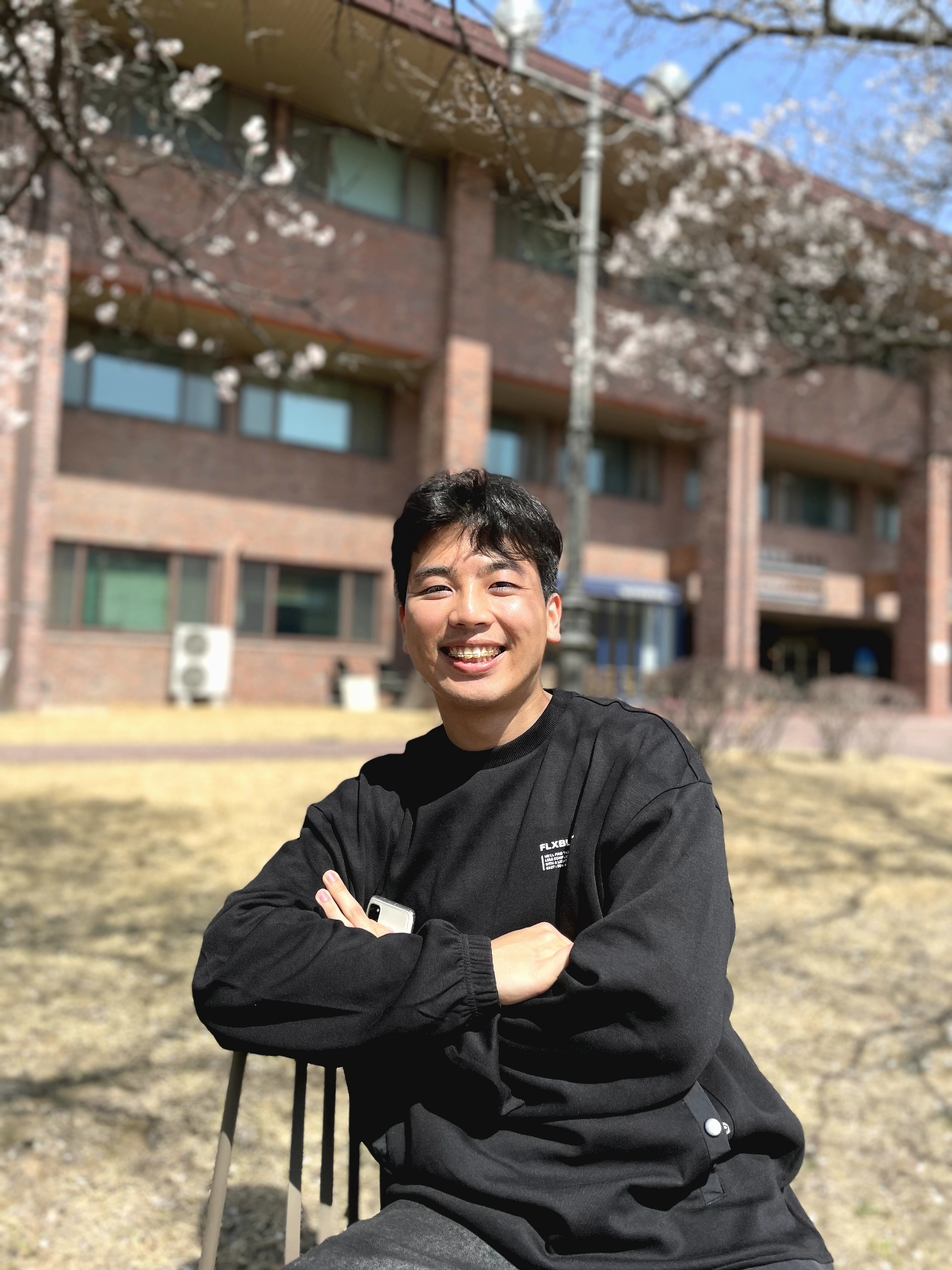Project: Development of an AI-based platform for personalized medicine in sporadic Parkinson’s disease using a human stem cell system
We induce representative pathological cell subtypes of Parkinson’s disease in neurons differentiated from human-derived stem cells with chemicals: 1) ATP reduction due to mitochondrial disorders, 2) limited processing of aggregated proteins (misfolding protein) due to ribosome disorders, 3) imbalance in the removal of abnormal mitochondria due to mitophagy disorders, 4) activation of cell death mechanisms induced by lipid peroxidation (ferroptosis), 5) infection, 6) increased reactive oxygen species.
These chemically induced cells are classified into pathological mechanistic subtypes of Parkinson’s disease using machine learning trained with “complete images” that are label-free in 3D holotomography. This provides an easily accessible therapeutic screening platform, allowing visualization of the neuronal differentiation and maturation processes without technical contamination such as fluorescent labels, following the cell culture time. This technology can define a series of pathological events occurring over time. This method has the advantage of clearly distinguishing early developmental pathological events and late events in neuronal differentiation. This approach establishes a powerful drug screening paradigm that can be used to identify specific drug-target disease subtypes, thereby significantly enhancing the efficiency of novel drug development based on the molecular nature of each patient’s disease.

